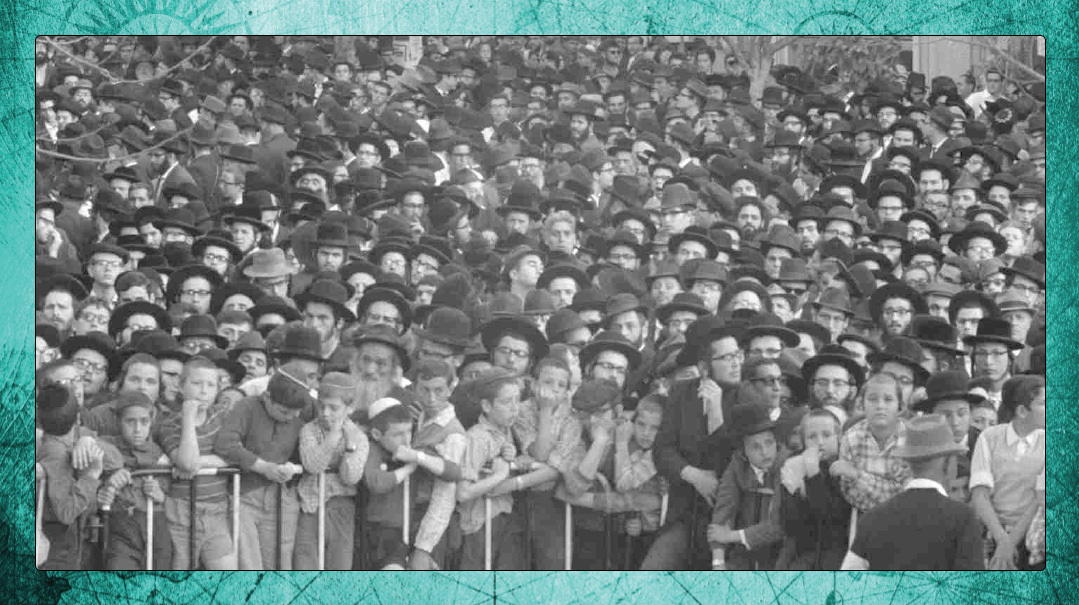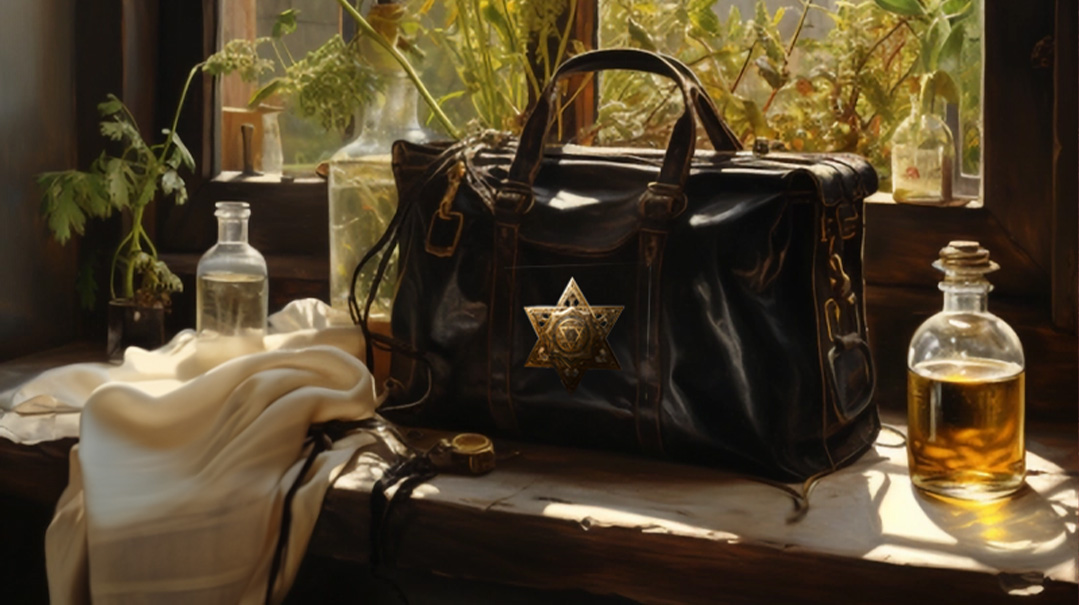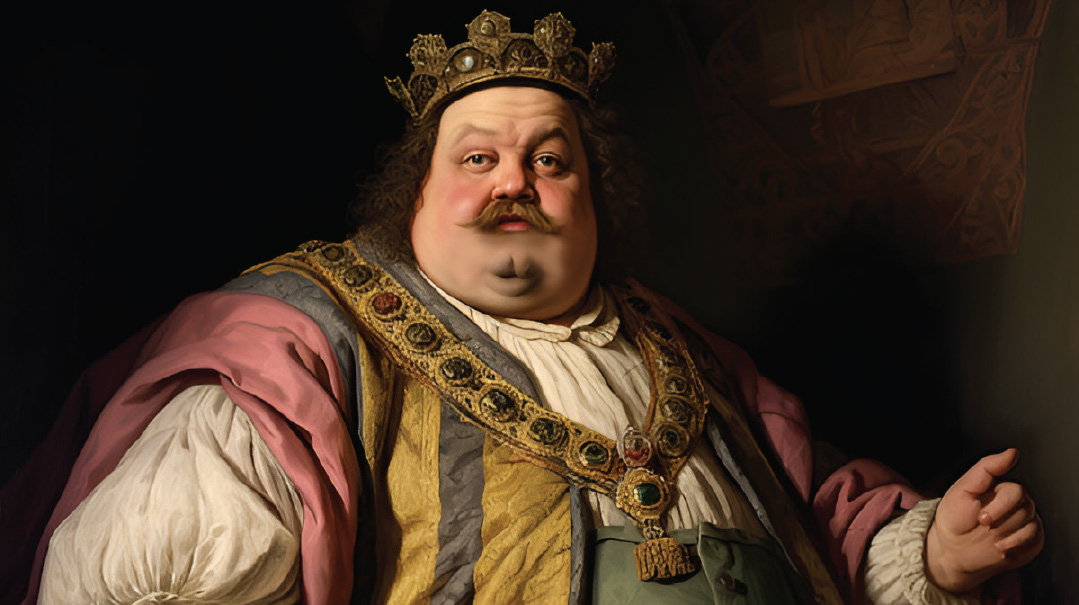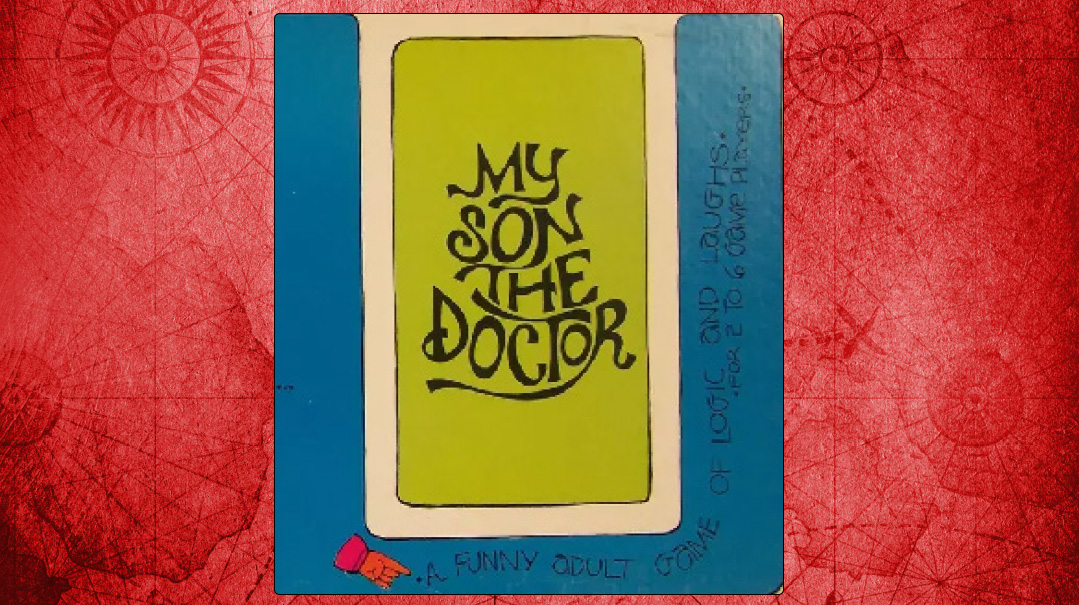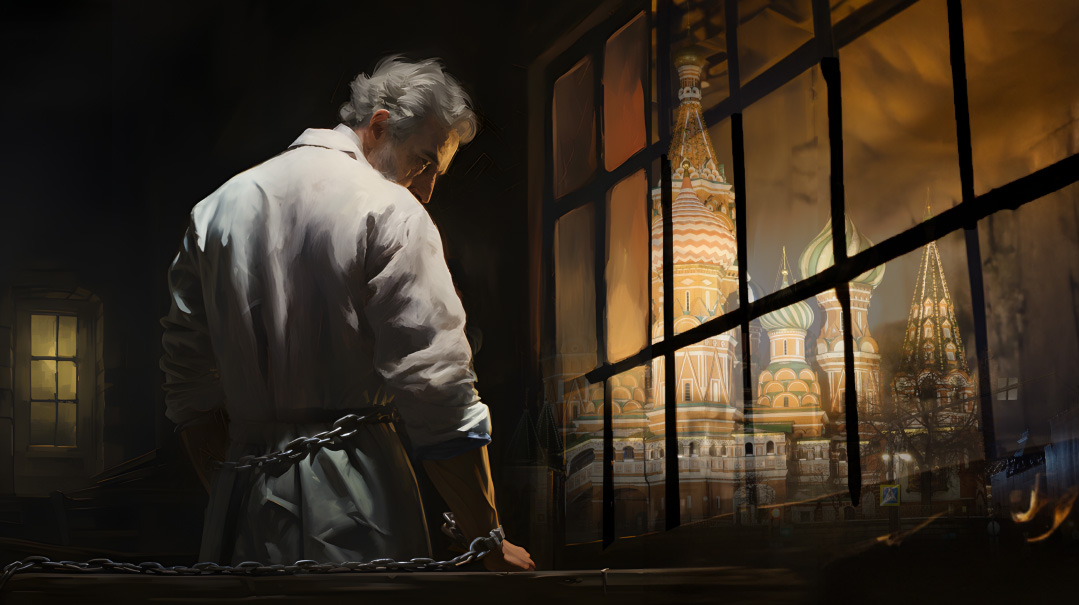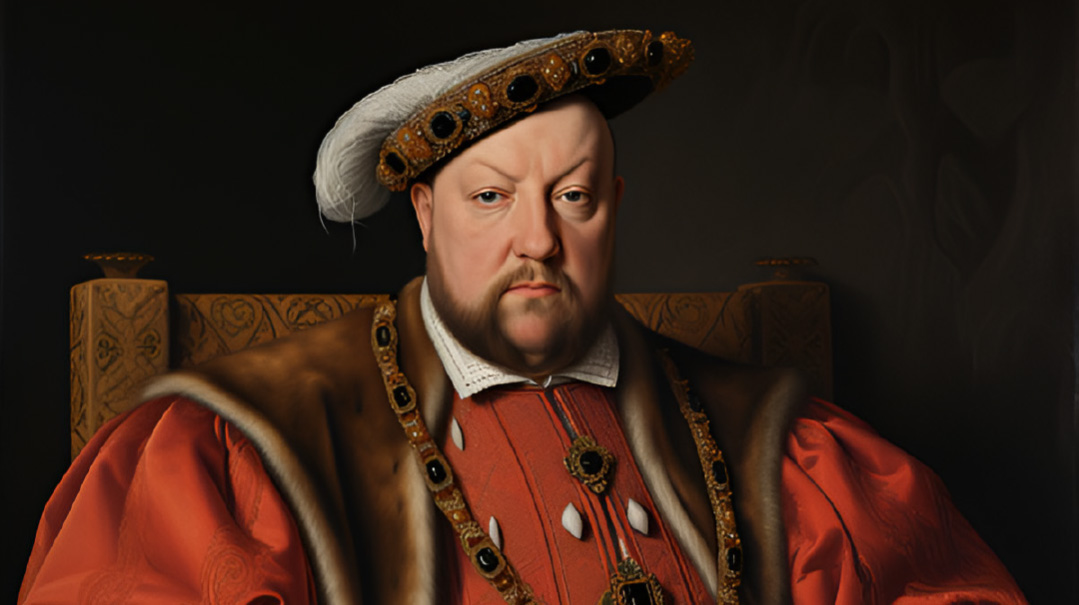The Story of People
| September 26, 2023The more we know about people, the more we know about the past. The more we know about the past, the better we are able to assess the present.
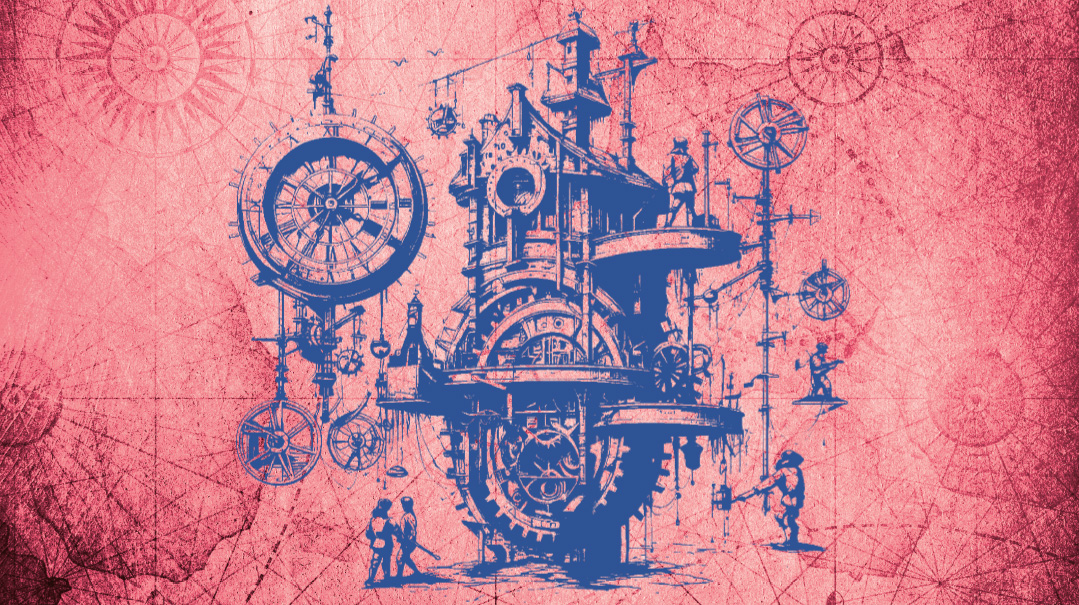
Many decades ago, when I was still a student in yeshivah, I found myself wondering why I didn’t know anything about all of the people who were constantly mentioned in the Talmud, or by my teachers. I thought I would find material to think about, if I knew something about Rashi and his lifetime.
Even then, as a 15-year-old, I realized that the world is the story of people, and people have their own individual stories, no two of which are alike. It struck me that maybe that was what the Torah had in mind when it said “Z’chor Yemos Olam — you should remember the days that have passed.”
Basically, it’s an instruction telling us to be curious about the past. We’re always curious about the future, and we look for people to somehow magically predict what’s going to happen. But the Torah told us to ask about the past.
Take for example the Second World War. I was a child on September 1st, 1939, when the war began. I was a precocious child, so I listened to all the news broadcasts and sat in on the adults’ conversations.
Later, I understood that the Second World War, which had such an effect on the Jewish people — and on humankind generally — was not an event; it was the story of a number of people.
I’ve read countless biographies of Adolf Hitler, Joseph Stalin, Winston Churchill and of Japanese leaders. It’s clear that the Second World War was caused by the will of these people. There was no event, no driving force that said that Germany had to invade Poland and that somehow England would remain stubborn and stay in the war.
It’s about this dynamic that the Torah says, “Zeh sefer toldos Adam — This is the book of humankind.”
Therefore, the Torah takes care of the first seven days of Creation in a few sentences, although we would really like to know more about that process. But when it comes to human beings the Torah has a lot to say about the personal lives of people, because the Torah is about the story of people.
The more we know about people, the more we know about the past. The more we know about the past, the better we are able to assess the present.
For instance, today Israeli society is divided. The weekly protests happen outside my apartment, and I hear the slogans that say that the world is coming to an end, and the country is going to fall apart.
But if you read about the 1920s and 1930s and the division then between the Jewish left and right, between Ben Gurion and Jabotinsky, and the fact that people got assassinated on the street, you’ll know, it’s not the first time we’ve been here. That may not be a comfort, but it’s a reference point.
To understand the present, to know how we got here, it’s not the dates and places that are important — it’s the people. They help explain who propelled us here and what are the pitfalls of human personality.
My own involvement in teaching Jewish history came about through what I think of as a “gilui Eliyahu” — one of these encounters that G-d arranges.
Right before the Yom Kippur War, I was in Israel on a visit and was in Geula buying some things to take back to the children when a man whom I didn’t know came up to me.
“Who are you?” he asked. “Berel Wein,” I answered. “I’m a rabbi in Monsey, New York.”
“Do you write?” he asked me, in perfect English, and I told him that yes, I’d just published my second volume of chiddushim on Shas with Mossad HaRav Kook.
“No, no,” he said to me. “We have enough people writing on Shas. You should write on history.”
I have no idea who the man was, but he was sent to me for a reason, because that’s where it all began.
Rav Yaakov Kamenetsky encouraged me to teach Jewish history. He told me that until the time of the Haskalah, Jewish history was taught in the home. Your father told you what your zeide had experienced. I myself know who Rav Shimon Shkop was because my father had been a talmid. But when the Haskalah made a discipline out of that process of transmitting history, we lost interest.
So, I’d like to see Jewish history restored to our schools. When you understand who Rashi was, it’s a different Shor Shenagach.
After a lifetime of studying Jewish history, for me its greatest lesson derives from the last few centuries. From assimilation, to Holocaust, the creation of Israel, the rebirth of Torah, the wealth of the Jewish people — there is simply no rational construct for what has happened to the Jewish people other than G-d’s involvement.
The Ponevezher Rav put it to me this way: Imagine a family has a child who has a terrible illness. The doctors despair of saving the child, but somehow, miraculously, he survives. The child comes home from the hospital, and naturally what the parents do is they spoil him. They give him whatever he wants: toys, ice cream, whatever.
So, it is with the Jewish people after the Holocaust, said the Rav. Hashem says you can have whatever you want. You want to be wealthy, set up kollelim, have a country, you can have it.
If you look at our story over the last 250 years, you have to be a believer.
(Originally featured in Mishpacha, Issue 980)
Oops! We could not locate your form.

